Land Back
A Yellowhead Institute Red Paper
The project of land back is about reclaiming Indigenous jurisdiction: breathing life into rights and responsibilities. This Red Paper is about how Canada dispossesses Indigenous peoples from the land, and in turn, what communities are doing to get it back.
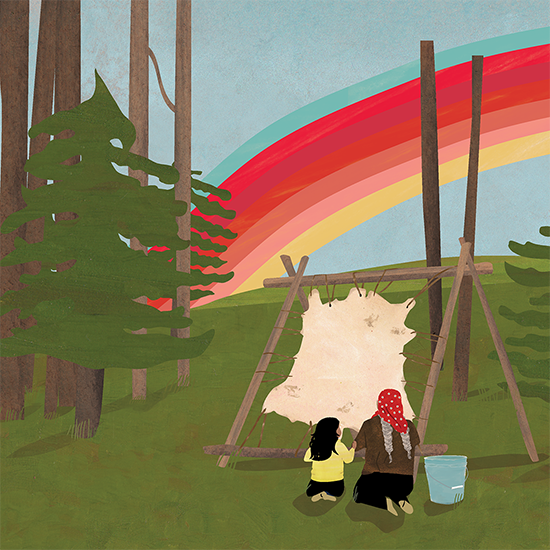
— REPORT OVERVIEW —
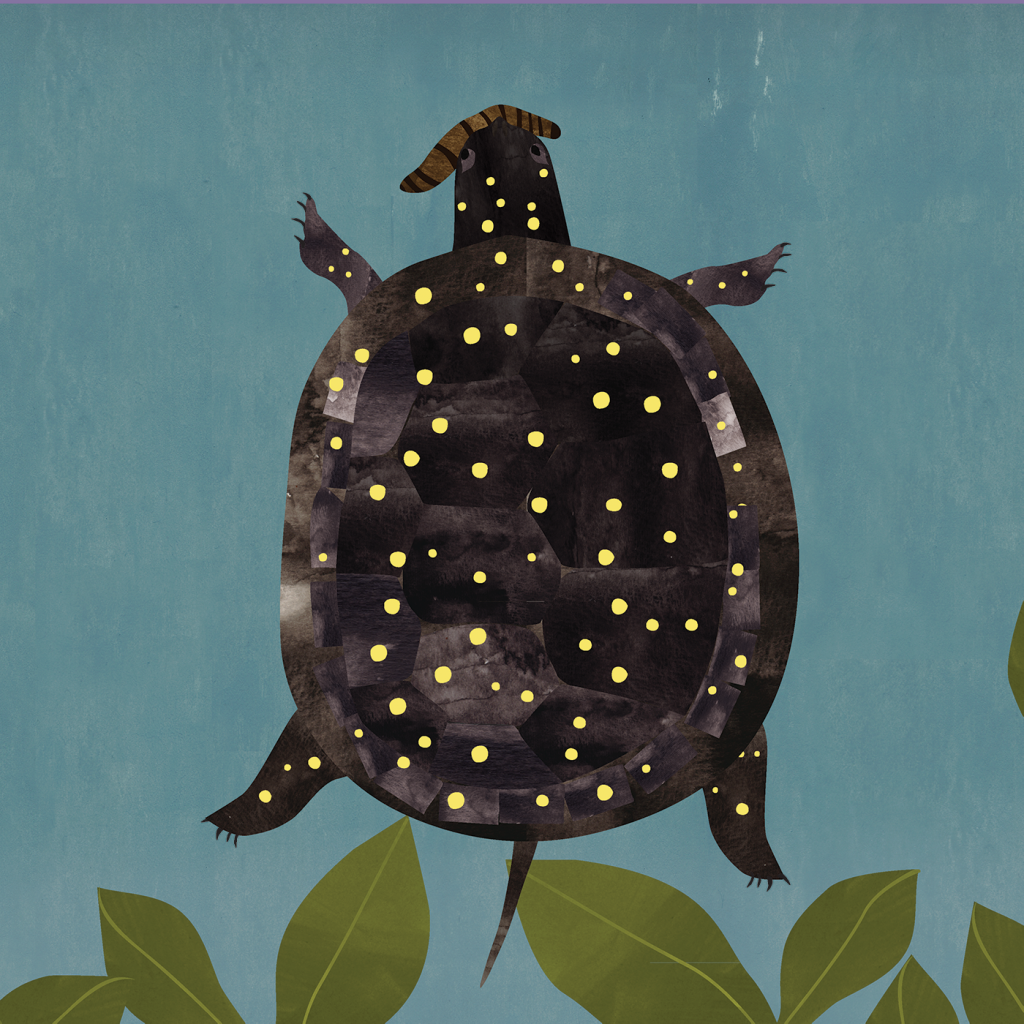
Preface
From Citizens Plus to Land Back: A vision of Indigenous futures that critically engages with Canadian proposals
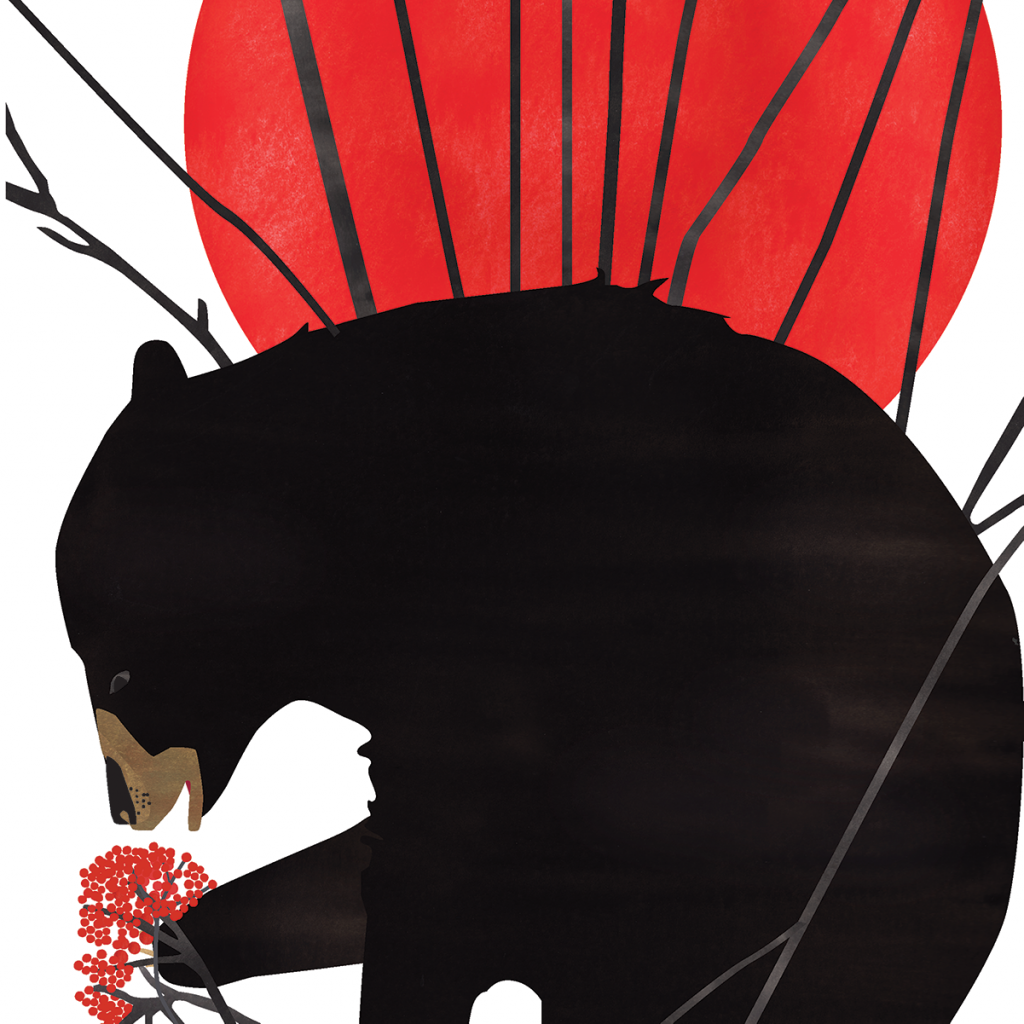
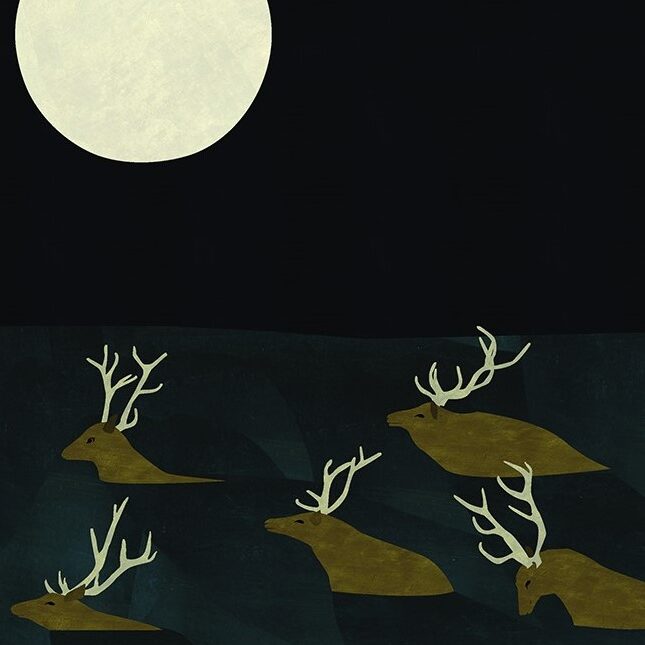
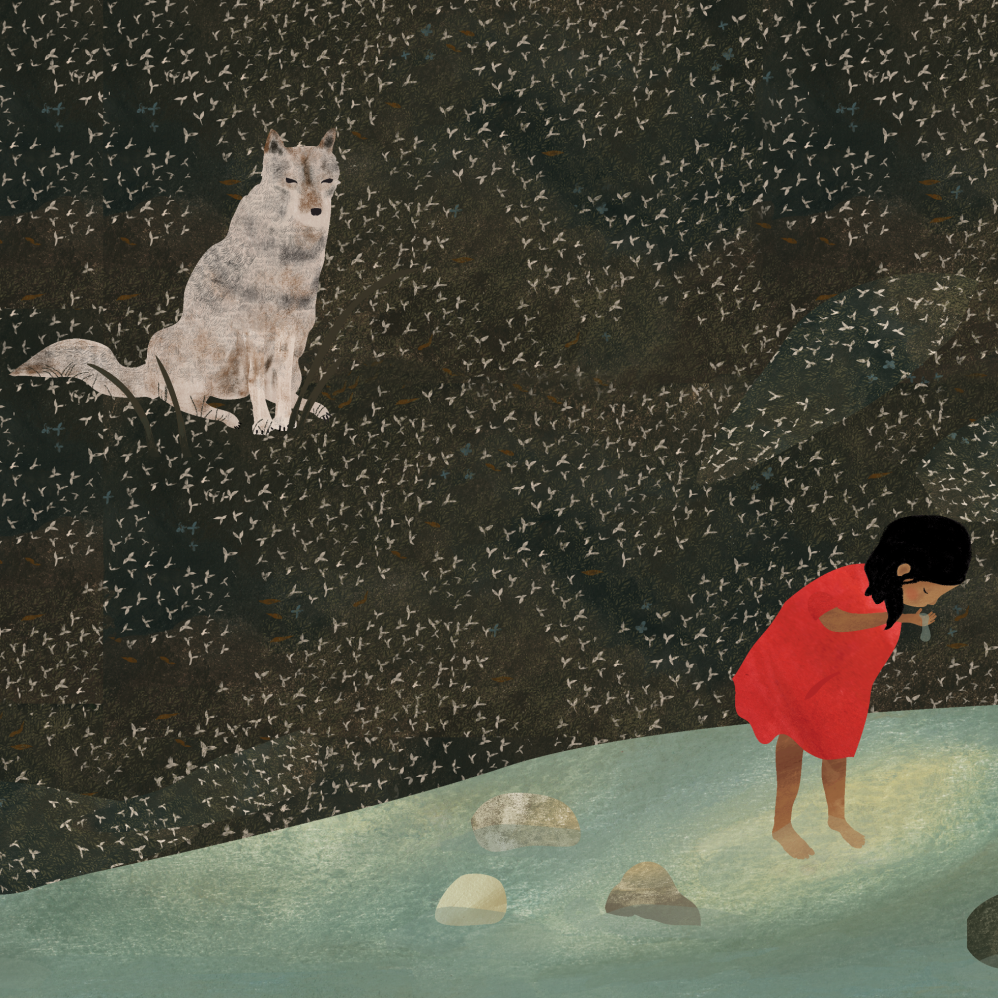
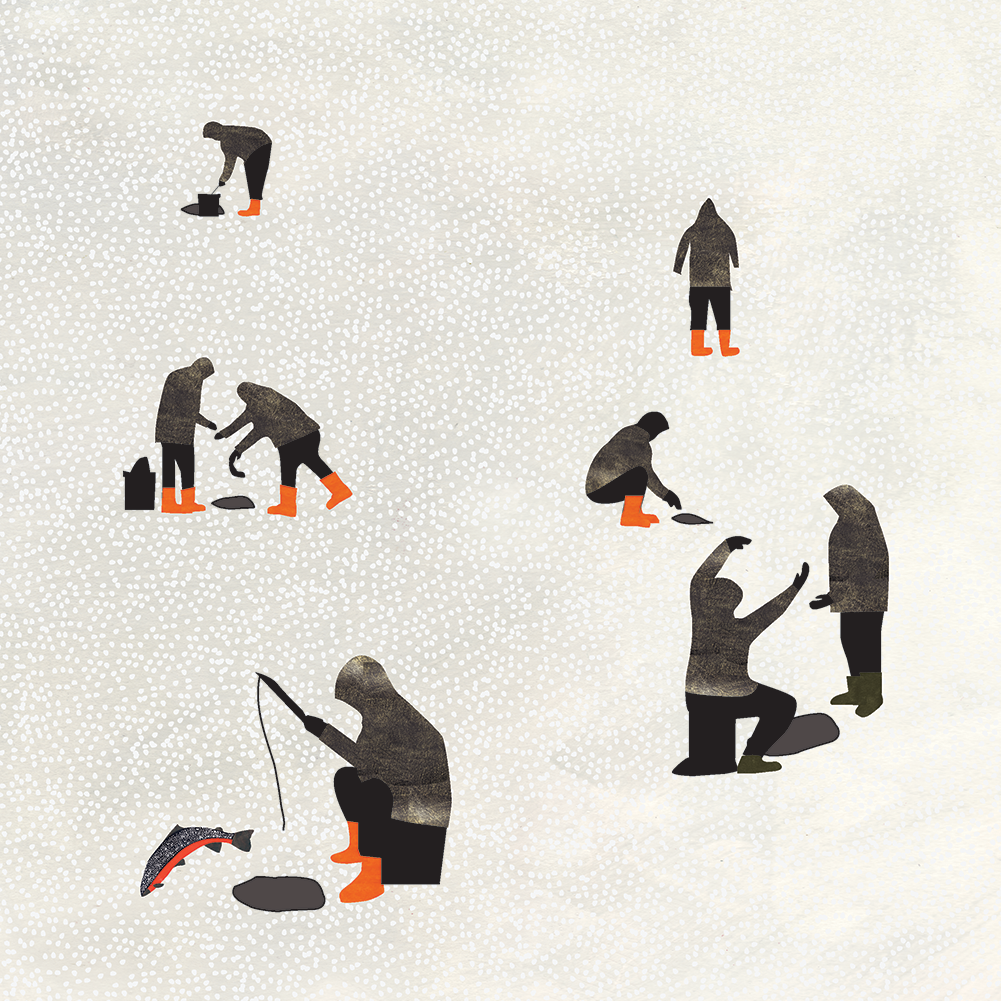
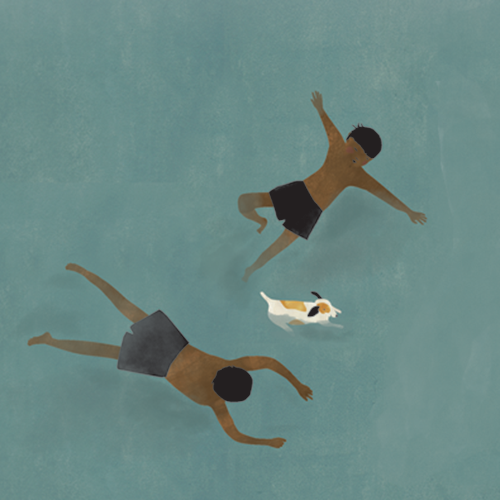
Conclusion
Continuation of Life
Why Indigenous jurisdiction matters in the midst of an ongoing climate crisis
From the origins of settler colonialism to the era of reconciliation, land remains at the centre of the conflict between Indigenous peoples and Canadians. So what could a just future look like?
“Land Back,” breaks down the current status of land dispossession in Canada, focusing on alienation through resource extraction. Also, we examine various forms of redress, recognition, and end with examples of reclamation — meaningful Indigenous economies outside of state policies and legislation.
This Red Paper is ultimately about Indigenous consent.
— LEARN MORE —
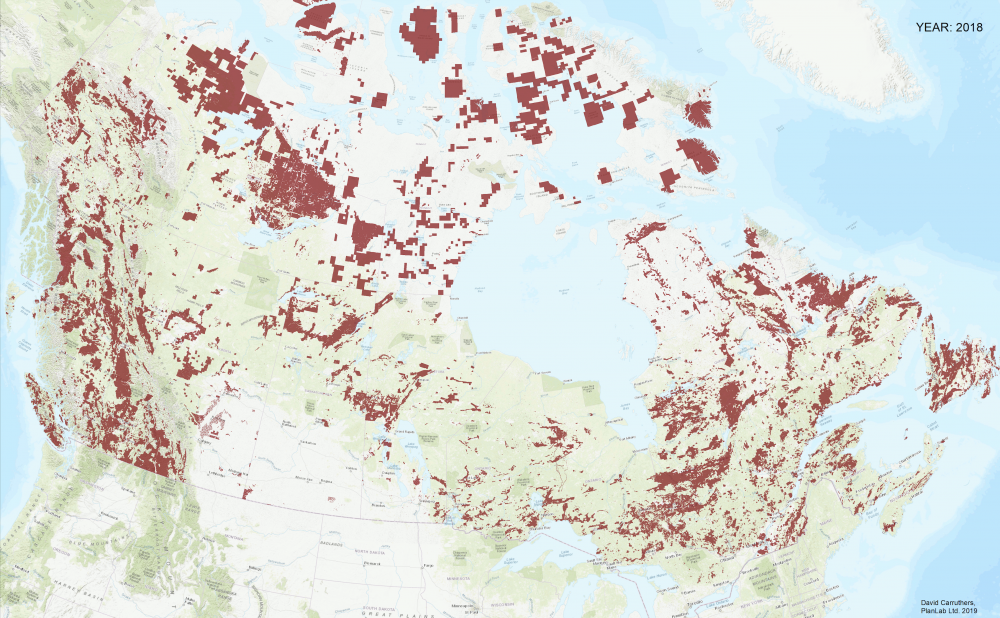
Mine Sweeper Map
A searchable map of mining claims linked to First Nations in Ontario and Quebec.
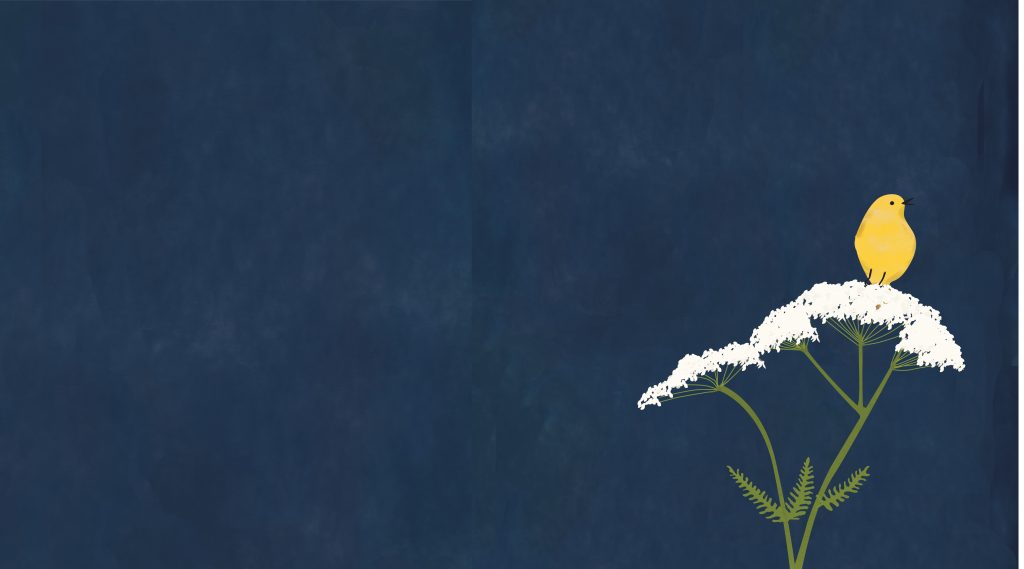
Tools & Resources
Download tools and resources related to Land Back such as factsheets, overviews, infographics and more.
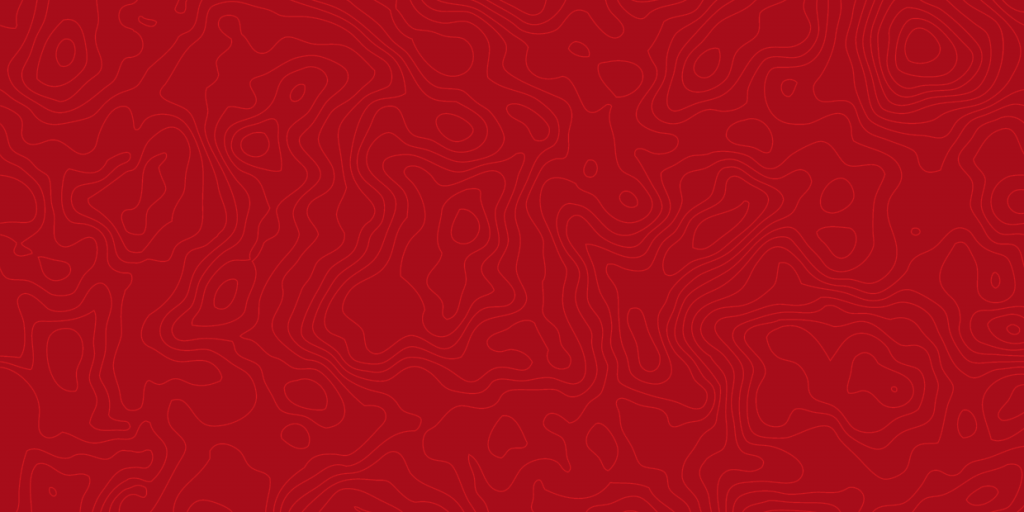
Glossary
Refer to the glossary to find Yellowhead definitions of the key terms used in the Land Back report.